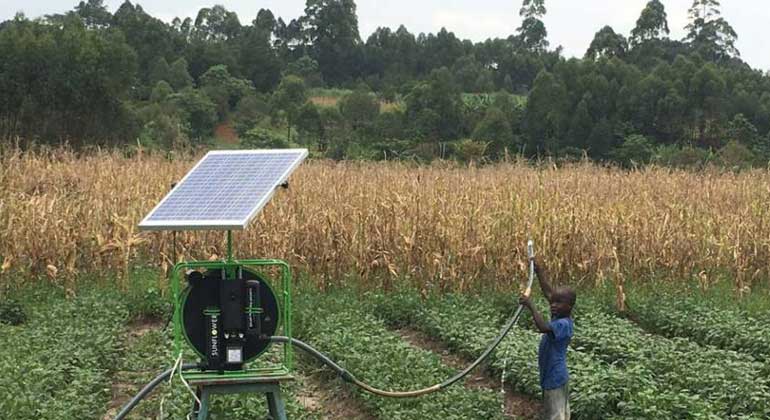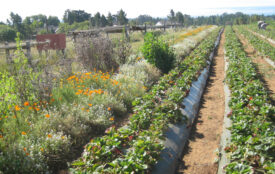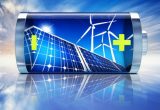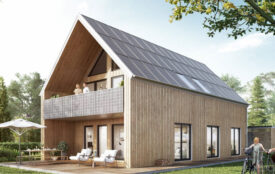Solar-powered irrigation: Food security in Kenya’s drought areas
Drought catastrophes due to outage or low crops occur regularly in East Africa and have a variety of causes. Some of them cannot be influenced by the Stiftung Solarenergie – Solar Energy Foundation, such as political conflicts, climate phenomena or food speculation from international corporations.
However, using solar energy, the risk of drought disasters can be alleviated by improving the yields of crops through the use of solar water pumps for irrigation. Solar water pumps allow a permanent, regular and adequate irrigation of the fields, especially for small farmers fields.
Target group
Small-scale farming is largely rain-fed, thus highly vulnerable to climate-change related challenges e.g. unreliable rainfall and frequent episodes of drought. Within the context of ever-growing climatic variability in sub-Sahara Africa, heavy reliance on rain-fed agriculture results in low yields, not to mention even lower and highly unpredictable income streams for a typical small-scale farmer in rural Kenya. Moreover, the lack of access to reliable and affordable energy services means that for a typical small-scale farmer, farming is a manual and laborious activity with limited opportunities for improving effi-ciency, value-addition and achieving scale; attributes essential for transforming scale-scale farming into a viable and sustainable agribusiness in rural Africa.
In April 2017 already 23 of the 47 districts in Kenya are affected by the drought! Our project is directed at those farmers, who are currently suffering particularly from the ongoing drought and are in an often desperate struggle for survival.
For these small farmers, the coming harvests are crucial to rebuild their livelihoods. We offer them individual help. Fortunately the Stiftung Solarenergie – Solar Energy Foundation has experienced local partners in rural areas of Kenya who can ensure the implementation of the project.
……………………………………………………………………………………………………………………………………………
James Macklago farms a one-acre plot in Homa Bay, his main crop is banana, but he also grows some papaya and maize. For years James relied on rainfall or a petrol pump to irrigate his crops. Last year his yields were poor due to a drought, and then early March rains ruined the remaining plants. Before he bought the Solar pump, his petrol pump cost him 600 KES ($6) a week in fuel, every week. When James sells his produce, papaya can earn 2000 KES ($20) per month and bananas by the bunch can give him 500 to 600 KES ($5-$6) un-ripened, 700 to 800 KES ($7-$8) ripened.

© Futurepump
……………………………………………………………………………………………………………………………………………
Funding by Revolving Fund
As a result of the drought, the farmers have no way of paying the pumps in advance. The foundation provide farmers in this emergency situation financing by means of a revolving fund. The principle of the Revolving Fund has been successfully implemented by the Foundation in several countries in East Africa since 2013 in the field of solar power supply for households. The principle is simple:
- The Stiftung Solarenergie – Solar Energy Foundation finances the acquisition costs of the water pump and also provides training for the farmers for the best possible use of the solar water pump.
- The farmers pay for the pump in instalments, which are paid following the annual crops (depending on the cultivation 2-4).
- As soon as the pump has been paid, it will become the property of the farmer.
- The funds from the instalments are used by the Stiftung Solarenergie – Solar Energy Foundation to import additional pumps and provide new farmers with an improved harvest.
- Installation of the pump by local qualified personnel
- Training of the farmers in efficient use
- Maintenance and service on site, including stock of spare parts.
……………………………………………………………………………………………………………………………………………
- Volksbank Freiburg | IBAN: DE78 6809 0000 0037 3830 07 | BIC: GENODE61FR1
- Bank im Bistum Essen | BIC: GENODED1BBE |IBAN: DE 54 3606 0295 0032 0690 10








